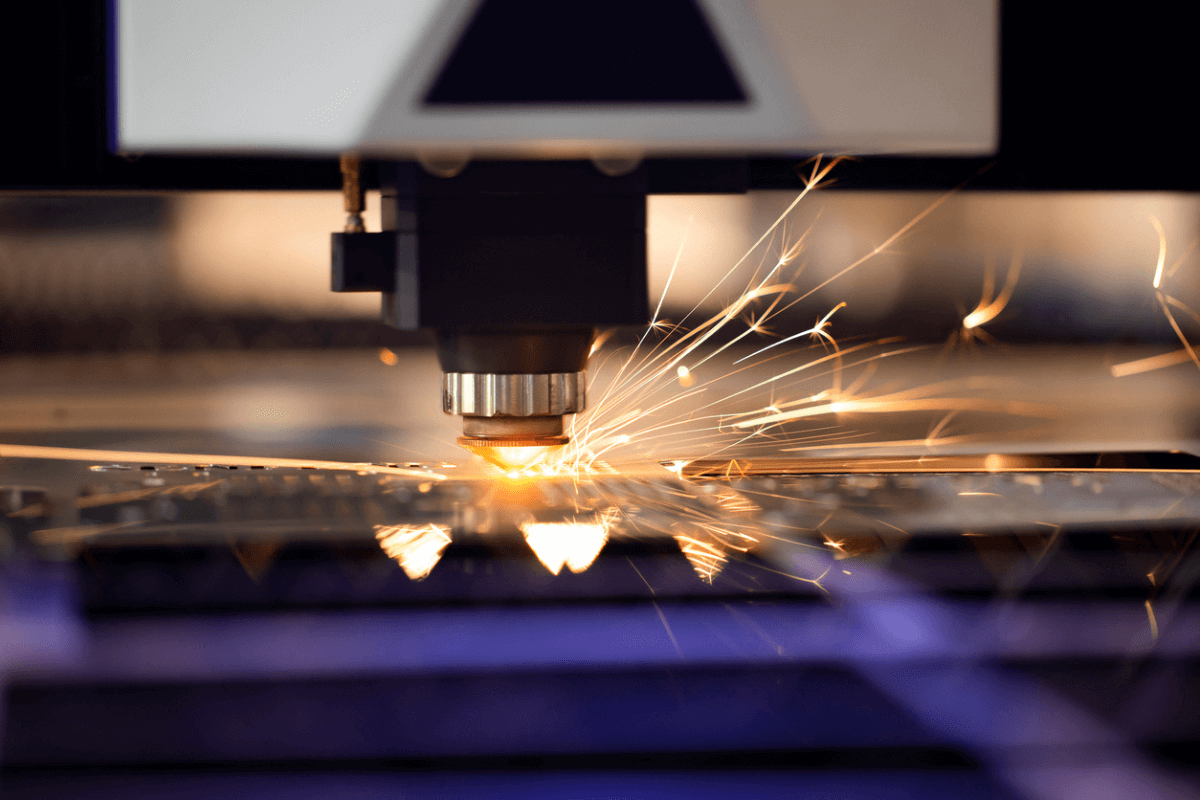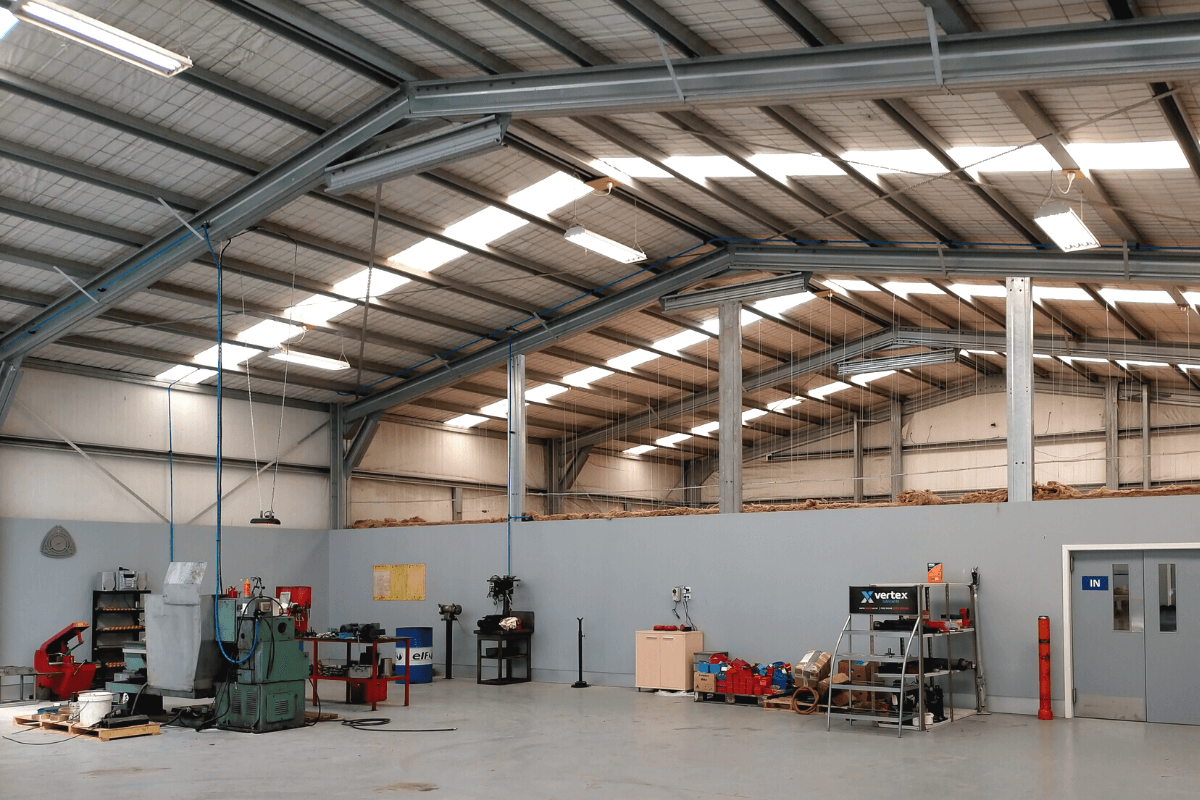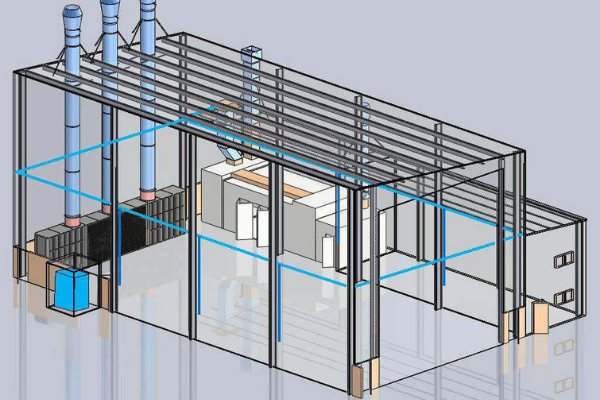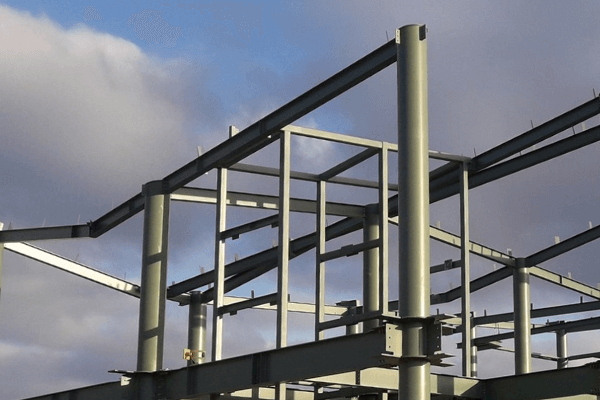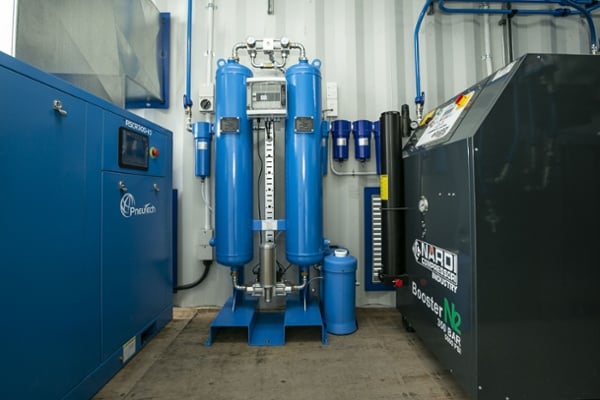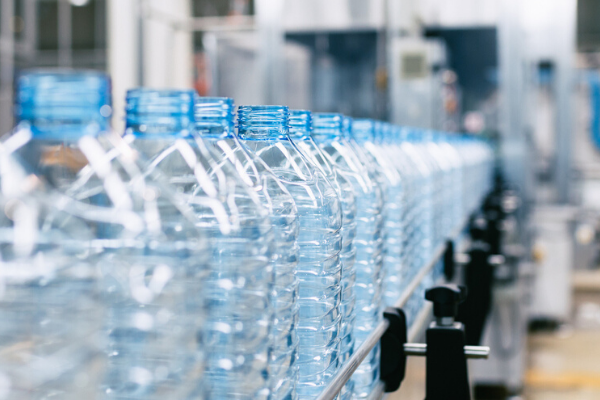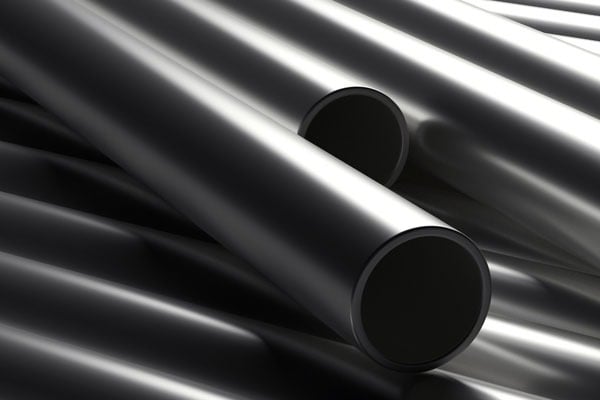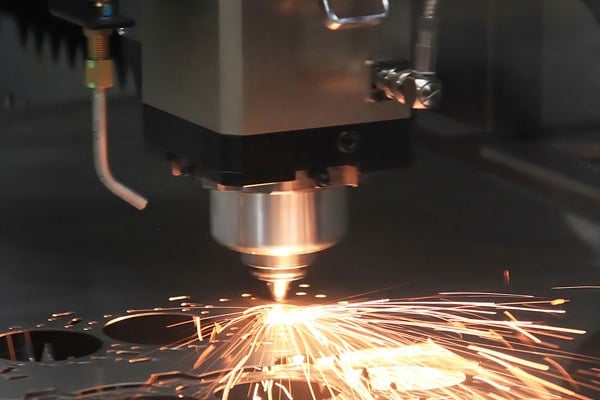As we all know, energy is an important part of our day-to-day lives in New Zealand. Energy is needed to power the devices in our homes, heat our workplaces, and transport us where we need to go – whether that be across the country or down the road. Our energy consumption as a country is 589PJs or 0.15% of the world’s total annual consumption – while that may seem small in comparison, the effects can have long-term consequences.
This frequent and constant use of energy both on our shores and across the world has a big impact on our environment, and is a leading contributor to climate change. Climate change is caused by carbon emissions – a large chunk of these come from the energy we use every day, in particular fossil fuels.
So what can be done to minimise our daily energy use? Some machinery items are known to use excessive amounts of energy if they aren’t routinely checked and optimised. Compressed air, for example, is one of the most expensive utilities used and if not used appropriately, can lead to inefficiency and wasted energy. Having an effective energy management plan in place is one way that we can ensure we’re using energy as efficiently as possible.
In this blog we’ve highlighted what you can be doing to save energy when operating compressed air systems, the fundamentals of a good energy management plan, and the funding available in NZ for businesses that use compressed air, to help them become more energy-efficient.
How is compressed air wasted?
As we’ve already alluded to, compressed air can be expensive with 85% of the energy used to produce it, being lost with mechanical issues and heat. That leaves only 15% of the energy that produces compressed air being available for use, and of that, half can be wasted. So, what’s the cause of compressed air being wasted?
There are actually quite a few reasons why compressed air and in turn, energy, can be wasted. Common problems with air compressors that result in wasted energy include:
- Compressed air leaks: 20% to 30% of compressed air can be wasted purely from leaks – a well-managed system should have less than 10% leakage.
- Unnecessary use: Activities like high-pressure air for cleaning, using a compressor when low-pressure air would be sufficient, or in mechanical applications where an electric drive is used.
- Changes in demand: Large fluctuations or ‘peaks’ in demand from equipment attached to a compressed air system can cause your compressor to be working harder than it needs to.
- Pressure drops: Things like rust, undersized pipes and blocked filters can all cause a pressure drop in your compressed air network work which could mean your air compressor is running inefficiently.
How to stop compressed air being wasted
Leaks in your compressed air supply, varying demand, and even having an air compressor that’s the wrong size can all result in a compressed air system that doesn’t run efficiently. There are a number of things that can be done to help optimise your supply:
- Multiple compressors: Having multiple different air compressors can all help to do different jobs and in turn, make sure that your compressed air system is running as efficiently as possible. For example, you may choose a fixed-speed compressor for a base supply of air, and then choose to meet peaks in demand with a variable speed compressor.
- Variable-speed air compressors: Variable-speed compressors will only run at the speed and voltage required to give you the exact amount of compressed air that you need. Air compressors that use variable-speed drive technology can run on 100% airflow or can fluctuate to use less air if required.
- Air receivers: If you operate something like a winery that only uses large amounts of compressed air at certain times of the year, then purchasing a big air compressor will be a waste during months where it will get little use. Adding more storage to your compressed air system will be a much more efficient way to manage your compressed air supply.
- Maintenance: Regular maintenance will go a long way in ensuring your compressed air system is operating as efficiently as possible and will ensure that things like rust and leaks are picked up on.
All of these things can also be supplemented by having an appropriate energy management system in place.
Effective energy management (ISO 50001)
Growing global concerns about the effects of climate change have resulted in the International Organization for Standardization (ISO) developing a standard to help organisations improve and manage their energy use.
ISO 50001 is based on a model of continual improvement, and provides a guideline of requirements for organisations to:
- Develop a policy for more efficient use of energy.
- Fix targets and objectives to meet the policy.
- Use data to better understand and make decisions about energy use.
- Measure the results.
- Review how well the policy works.
- Continually improve energy management.
Many organisations see success with an energy management system in play like what’s outlined in the ISO 50001 standard. An energy management system helps organisations to better see the overall picture of their energy use and can help them to make better decisions around future energy use. This may include implementing more energy-efficient technologies, reducing energy waste or improving current processes to cut energy costs.
Funding for energy-efficient compressed air systems
There are a number of funding and support programmes available for businesses that wish to be more efficient and cut down their energy use. If you spend more than $200,000 a year on stationary energy like compressed air, you may be eligible for co-funding for:
- An audit of your compressed air system.
- Compressed air system optimisation.
- Installing a monitoring system.
- Larger energy users could also receive funding for industrial design advice.
Whether you’re a public or private sector organisation or perhaps you’re running a new and innovative business, it's well worth checking out the funding options that are available to you. You can view a full list of the various funding and support options available here.
If you’re looking to upgrade your existing compressed air system to something more efficient, then it’s always best to consult with the experts. From inspecting your current equipment for leaks to helping you choose new air compressors, the team here at Industrial Air Systems are here to help you develop a compressed air system that’s more energy-efficient.
If you would like to discuss your current or new compressed air system or would like advice on being more energy-efficient, then feel free to get in touch with us here.



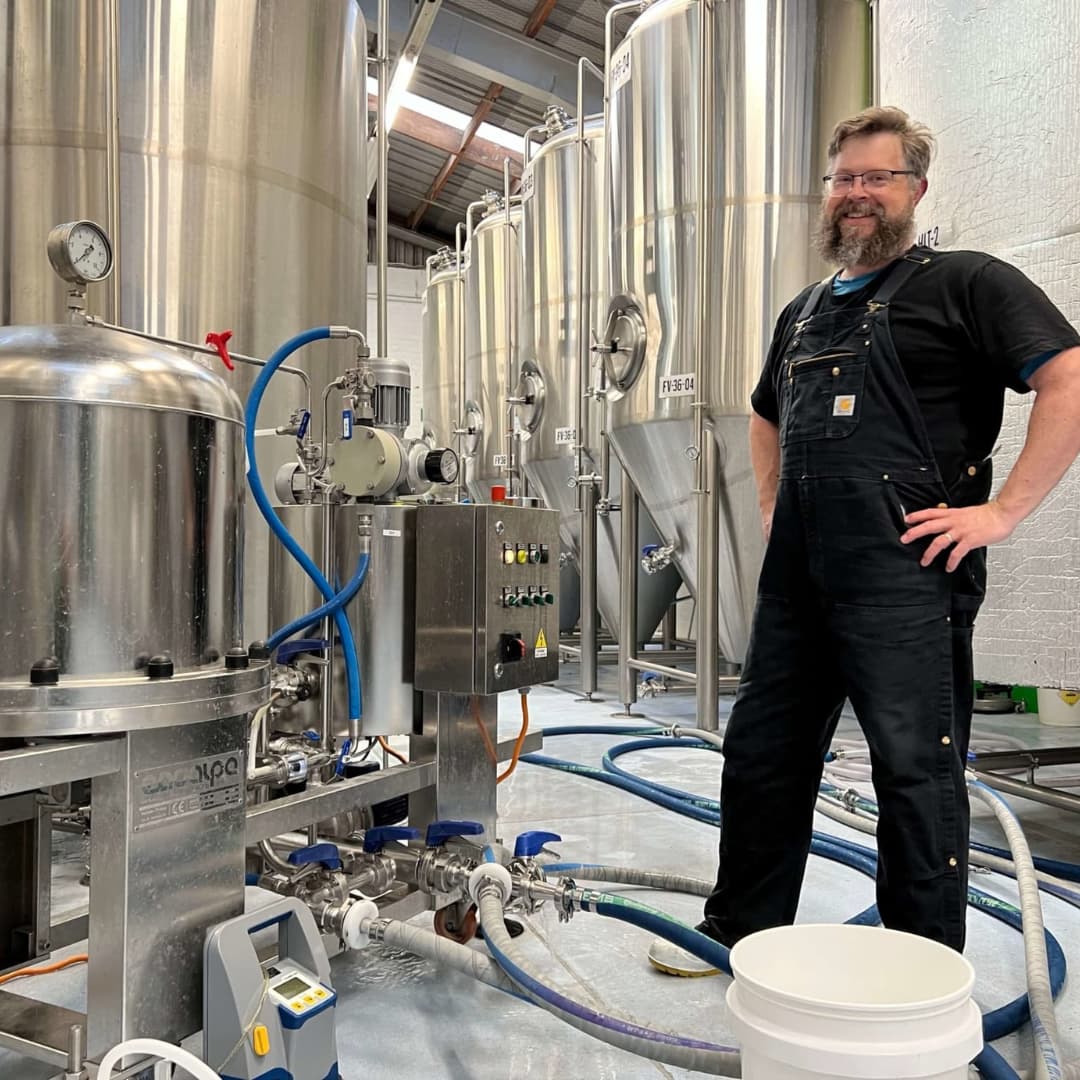
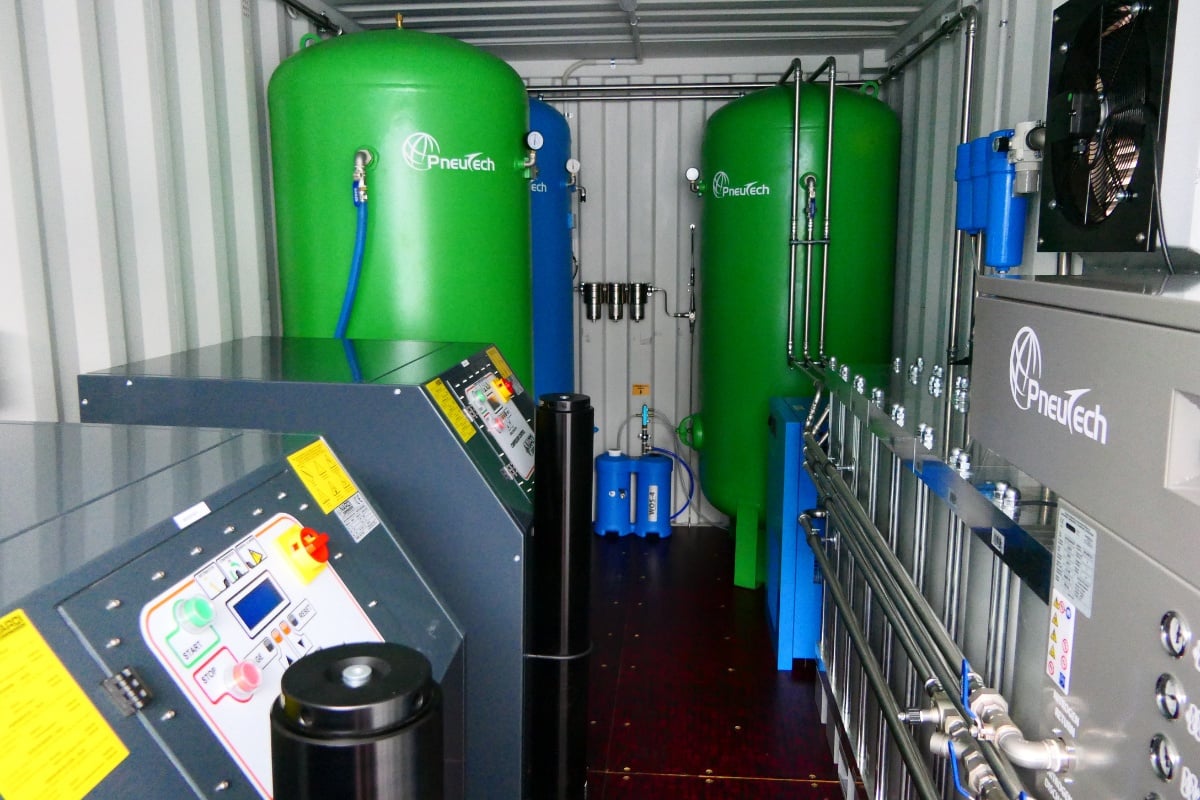
.jpg)


